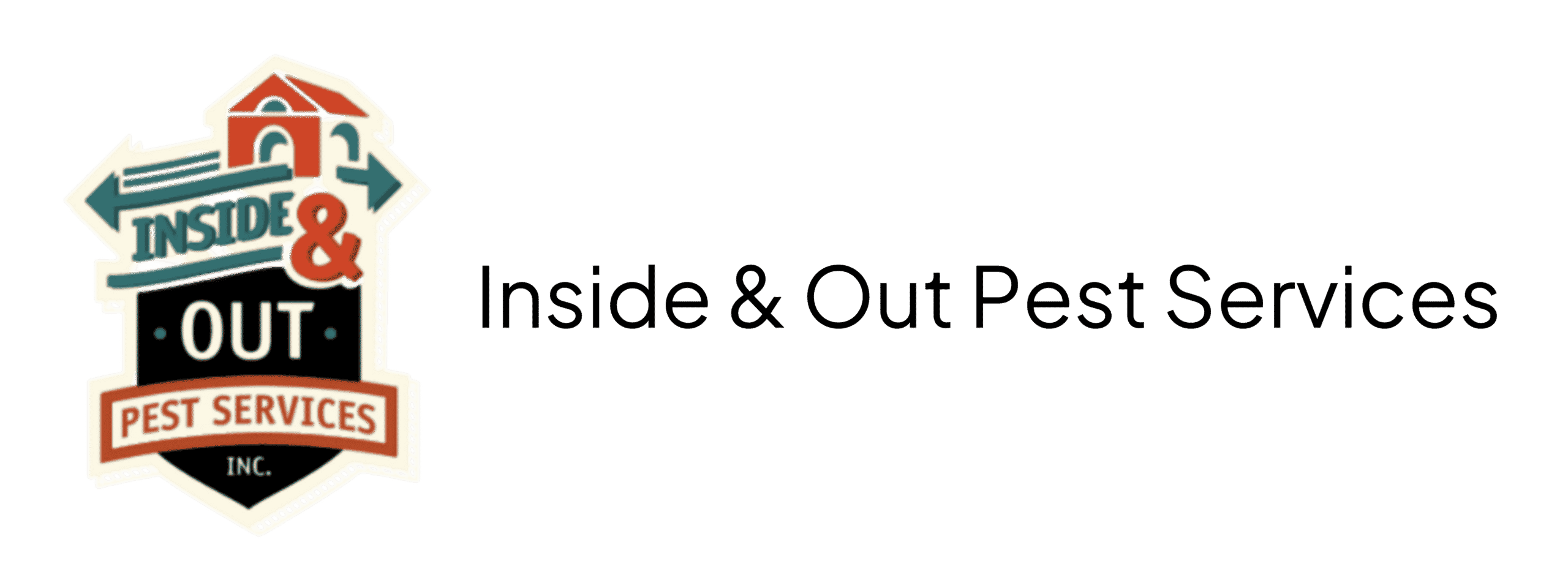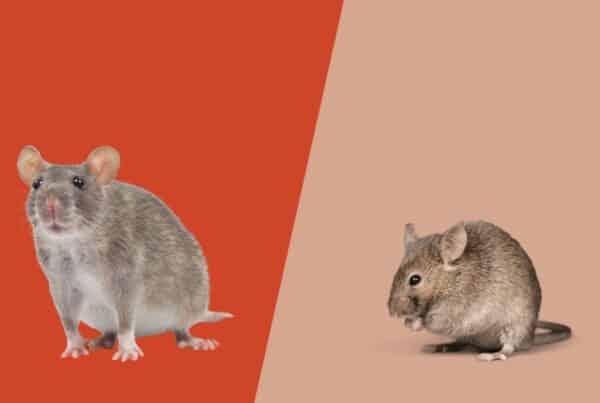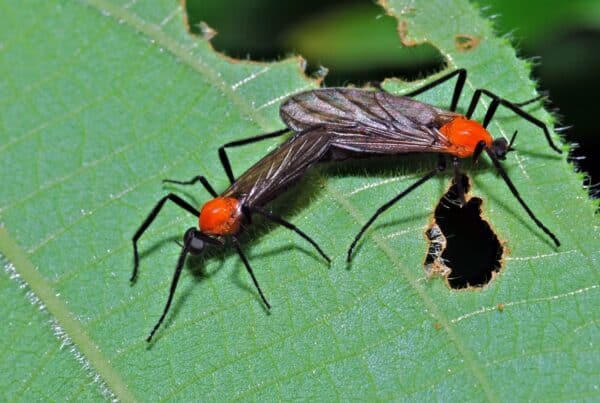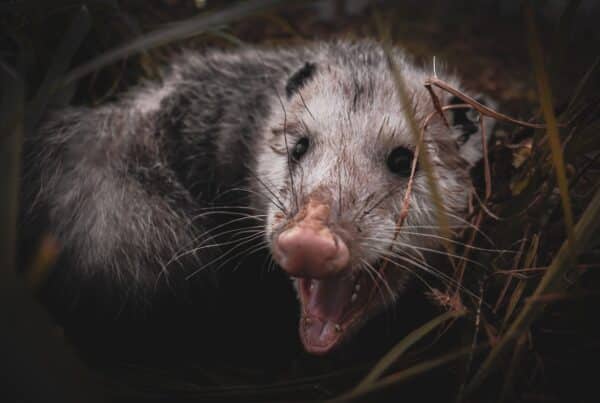Mouse bites are more common than many people realize and can happen unexpectedly, especially if a mouse feels threatened or trapped. While they may seem minor at first, mouse bites can pose serious health risks if not handled properly.
From potential infections to the spread of diseases, understanding what happens after a mouse bite and how to respond is crucial for protecting your health and home. This guide explains the risks associated with mouse bites and provides clear steps to take afterward.
Are Mouse Bites Dangerous?
Mouse bites can pose several health risks, and while not all bites result in serious complications, it’s important to understand the potential dangers.
Mice are carriers of bacteria, viruses, and parasites that can transmit diseases to humans through bites or even open wounds exposed to contaminated surfaces. Here’s what you need to know:
- Risk of infection: A mouse’s sharp teeth can break the skin and leave an open wound that’s susceptible to bacteria.
- Diseases: Mice are known to carry diseases such as leptospirosis and rat-bite fever, which can be transmitted through bites.
- Allergic reactions: For some individuals, mouse bites may trigger mild to severe allergic reactions, including skin irritation or more serious complications.
- Tetanus concerns: If your tetanus vaccination is not up to date, a bite from any rodent, including a mouse, can increase the risk of this bacterial infection.
It’s important to take mouse bites seriously, even if they appear minor.

Immediately After a Mouse Bite
If you or someone in your household is bitten by a mouse, it’s essential to act quickly to reduce the risk of infection or other complications. Here are the steps to follow:
- Wash the bite thoroughly with soap and warm water to remove any bacteria or contaminants.
- Pat the area dry and apply an antiseptic or antibiotic ointment to help prevent infection.
- Cover the bite with a clean bandage and change it regularly to keep the wound protected.
- Monitor the area closely for signs of infection, like redness, swelling, or unusual warmth.
For those who aren’t up to date on their tetanus vaccine, reaching out to a healthcare provider is especially important.
Also Watch For…
Even with proper care, mouse bites can lead to complications. Be aware of these potential health risks and the symptoms associated with them:
- Rat-bite fever: This bacterial infection can cause fever, rash, vomiting, and joint pain. It’s treatable with antibiotics but requires medical attention.
- Leptospirosis: This infection spreads through bacteria in mouse saliva or urine and can lead to flu-like symptoms and, in severe cases, liver or kidney damage.
- Tetanus: If the wound is deep, tetanus may be a concern, especially if vaccination isn’t current. Muscle stiffness or spasms could indicate an infection.
- General infection: Redness, swelling, or discharge around the bite may signal a bacterial infection requiring antibiotics.
If any of these symptoms occur, seeking medical advice promptly can prevent more serious complications.
Preventing Mouse Bites and Infestations
The best way to avoid the risks of mouse bites is to prevent mice from entering your home in the first place. Some simple tips:
- Seal gaps, cracks, and holes in walls, floors, and foundations. Mice and other rodents can squeeze through openings as small as a dime.
- Store food in airtight containers and keep counters and floors clean to remove potential attractants.
- Regularly check storage areas like basements, attics, and garages for signs of rodent activity.
- Remove clutter and debris from around the home, as these can provide hiding spots for mice.
If you notice signs of mice, such as droppings, chewed materials, or scratching sounds, act quickly to prevent a full infestation.

Food stored in airtight containers to deter mice and other pests
Other Recommended Maintenance
- Schedule routine pest inspections to catch early signs of rodents or other pests.
- Maintain a clean and organized home, particularly in areas prone to rodent activity.
- Check weatherstripping and door seals to ensure there are no gaps mice can use to enter.
When to Call a Professional
Professional pest control services are essential when a mouse bite signals a larger problem or when you’re unable to manage the situation on your own.
- Recurring signs of mice: If you’re hearing scratching noises, finding droppings, or spotting chew marks repeatedly, there’s likely a deeper infestation that requires professional intervention.
- Health and safety concerns: After a bite, if you’re worried about lingering risks or want to ensure your home is free of harmful pests, a professional can provide peace of mind with thorough inspections and tailored solutions.
- Unsuccessful prevention efforts: Even with sealed gaps and cleaned spaces, mice can be persistent. Professionals can identify entry points you may have missed and implement long-term prevention strategies.
A professional can also advise on long-term solutions to keep your home mouse-free.
Conclusion
Mouse bites are more than just a minor inconvenience and they can pose real risks. Acting quickly, knowing the potential dangers, and taking steps to prevent future bites are key to staying safe.
For expert pest control solutions, reach out to Inside Out Pest Services in Jacksonville, FL, and surrounding areas. Our expert team can help eliminate rodents, protect your home, and ensure your family stays safe from the risks of mouse bites and other rodents.



